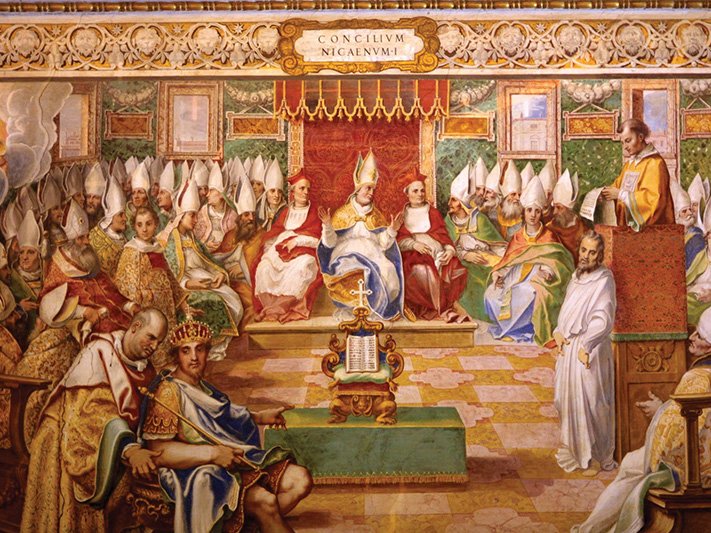In light of the agreement between the People’s Republic of China and the Holy See, signed on September 22, 2018, can Catholics still claim to be an apostolic Church?
Yes, they can. A bit of background is helpful here. The provisional agreement referenced above provides for the government to propose names of priests to be appointed bishop, with the final decision to be made by the pope.
This agreement has been under negotiation since 1986.
The appointment of bishops has seen varying degrees of involvement of secular governments for most of the Church’s history. At the time of Vatican I (1869–70), most European governments in predominantly Catholic countries had some input on the appointment of bishops. Before the latest agreement, most of the bishops appointed by the Chinese government had already been reconciled with the Holy See. Pope Benedict XVI’s May 27, 2007, letter to Catholics in the People’s Republic of China explains what the Catholic Church hopes to achieve regarding official recognition in that country.
Emperor Constantine convoked and presided over the Council of Nicaea in AD 325, which formulated the creed we use on Sundays and which Pope Sylvester I accepted. The Church was no less apostolic because of Constantine’s role in that council.
The Catholic Church is apostolic because the bishop of Rome and his brother bishops now carry out the role that Jesus entrusted to St. Peter and the other apostles.








